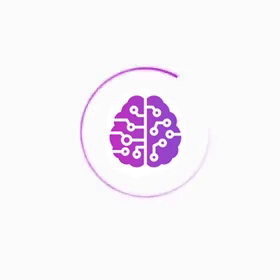
UNESCO Urges Global Standards for the Use of AI in Education
The United Nations Educational, Scientific and Cultural Organization (UNESCO) has called on countries around the world to develop unified international standards for the use of artificial intelligence (AI) in education. In its latest report, the organization emphasizes that while AI holds enormous potential to improve educational quality and accessibility, the lack of proper regulation may lead to risks such as discrimination, manipulation, and a decline in critical thinking skills among students.
UNESCO stresses the need for clear labeling of AI-generated content so that students and teachers can distinguish between human-made and machine-generated materials. Additionally, the organization advocates for strict protection of students’ privacy, including a ban on hidden monitoring and surveillance during learning activities.
The report highlights the benefits of AI, including personalized learning experiences, automated grading, content creation, and broader access to educational resources. However, it also warns of the dangers of unchecked use, such as algorithmic bias, data misuse, and overreliance on technology that could replace vital human interaction in the classroom.
To address these challenges, UNESCO proposes the implementation of digital and AI literacy programs in school curricula. It also recommends the development of ethical frameworks and professional training for educators to ensure responsible and inclusive integration of AI technologies.
Importantly, UNESCO asserts that AI should serve as a supportive tool rather than a replacement for teachers. Technology must enhance — not undermine — human-centered learning, and it should always uphold the core values of fairness, inclusivity, and respect for human rights.
By encouraging international cooperation and transparent policy-making, UNESCO aims to create a balanced approach to AI in education — one that promotes innovation while safeguarding the fundamental rights of learners and educators alike.
The organization concludes that now is the time to shape the future of education with a strong ethical foundation, where technology empowers rather than controls the learning process.
